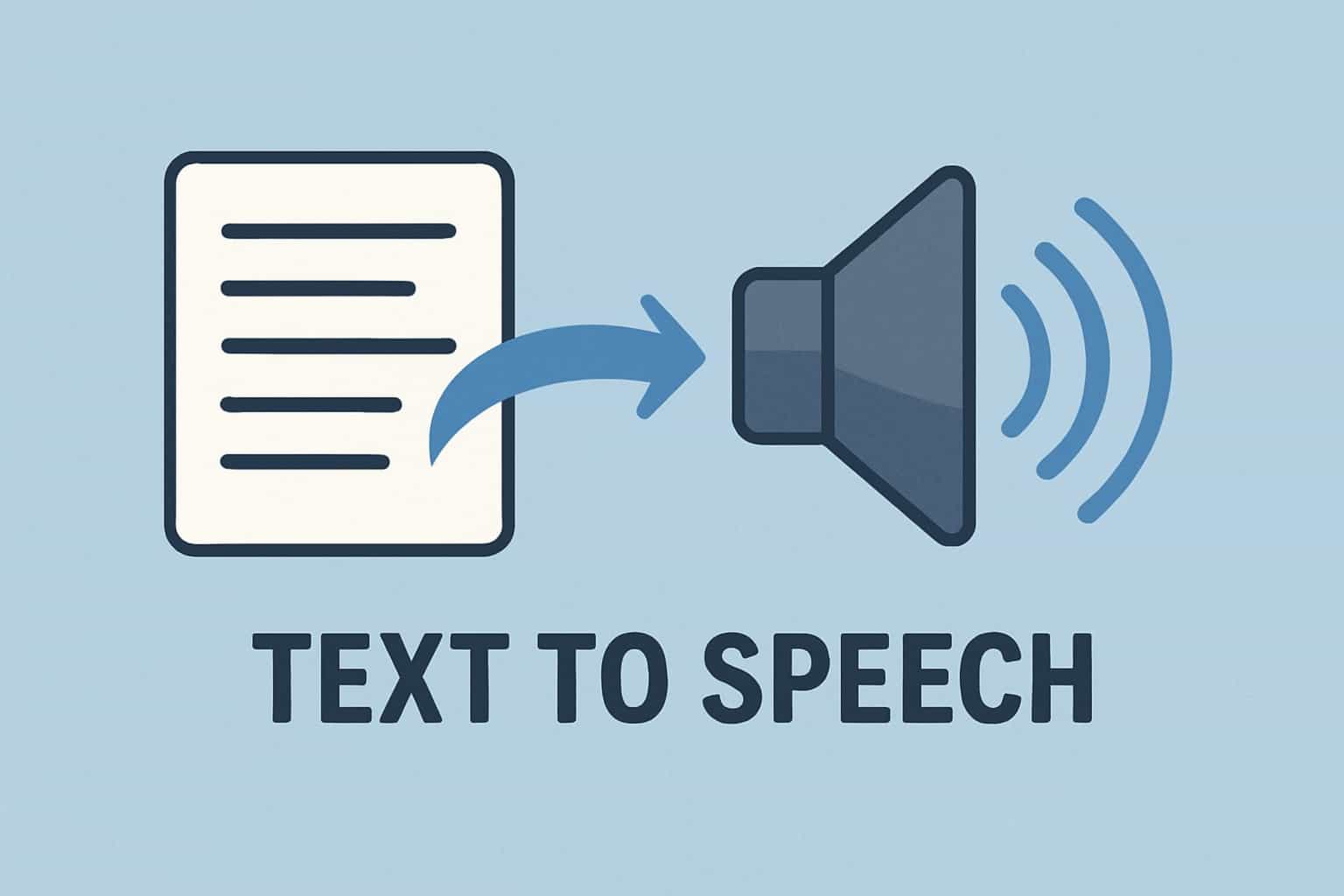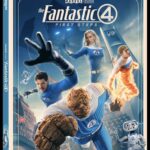Opening the Page to Everyone
Stories have always been a way to connect with the world. Yet for those who cannot see well the door to books was once half closed. Braille offered a start but the choices were slim and the cost of production was high. Today technology has widened the doorway and turned it into a welcoming hall. Audiobooks screen readers and voice assistants now make it easier for people with visual impairments to experience literature without waiting for special editions. Even e-libraries have taken on a key role. Z lib stays popular among readers worldwide and part of that popularity comes from the way it levels access to texts that would otherwise be hard to find.
The shift is not only about convenience. It is also about dignity. When a person can choose a book instantly instead of waiting for someone else to adapt it the act of reading becomes their own. That sense of ownership is as important as the words on the page.
Tools that Change the Reading Experience
The rise of text-to-speech technology has transformed how books live in memory. A robotic voice once felt cold and distant. Now natural voices with pauses and tones bring characters to life. People can listen to “Pride and Prejudice” while cooking or follow “The Hobbit” on a walk. This blend of everyday activity with literature shows how reading has slipped back into daily rhythm.
Screen readers also break down walls. They do not just read text but interpret menus buttons and even images with descriptions. Combined with e-libraries they turn digital catalogs into usable collections. What once looked like a maze of code now becomes a simple shelf of stories ready to explore.
To show how these tools meet real needs consider three areas where change is most clear:
- Audiobooks as Companions
Audiobooks are no longer a niche product. They offer full-length works recorded by skilled narrators or generated by advanced software. For a reader with limited vision this format turns isolation into connection. A voice in the ear can become a companion on long journeys or a guide through difficult days. The rhythm of speech can even help memory making stories easier to recall. This blend of sound and story restores the intimacy once felt around fires when tales were first spoken.
- Screen Readers as Gatekeepers
Screen readers serve as silent guides through the internet and digital files. They highlight headings describe links and make sense of layouts that sighted users take for granted. A well-tuned screen reader gives back freedom. It lets a student research material without waiting for help and allows a professional to keep pace with colleagues. With every click turned into spoken words the web becomes less a wall and more a window.
- E-libraries as Open Shelves
An e-library is more than a storehouse. It is a living archive where books travel faster than print ever could. Collections like Z library open paths to scholarship leisure reading and cultural exchange. When borders of language and geography shrink access becomes equal. For readers with visual impairments this is not luxury but necessity. With formats that adapt to text-to-speech or refreshable Braille displays e-libraries give readers the freedom to choose what fits their needs.
Together these tools highlight that reading is not just about seeing letters but about hearing stories and feeling included. The line between limitation and possibility grows thinner every year.
Building a Culture of Access
The role of technology goes beyond individual tools. It shapes how society values inclusion. Schools that adopt accessible formats show students that no one is left behind. Workplaces that integrate screen readers into their systems prove that knowledge is not limited to those who can see every line. Libraries that add e-books in multiple formats signal that literature is a shared heritage not a gated treasure.
There is also a cultural ripple effect. Movies based on books often rely on wide distribution. The same principle now guides publishing. A book made accessible at release means fans with visual impairments can join the conversation at the same time as everyone else. That shared timing carries weight. It means belonging.
Turning the Page Forward
Every story has turning points and so does the story of reading. The old barriers of print-only access are giving way to adaptive design and global e-libraries. With each breakthrough the idea that books belong to everyone grows stronger. What was once an uphill climb now feels more like a path through a familiar park. The words may be ancient the technology may be new but the goal remains the same—keeping stories alive for all who want to carry them.

Editor-in-Chief | Seat42F, a leading source of entertainment news, information, television and movie resources.






